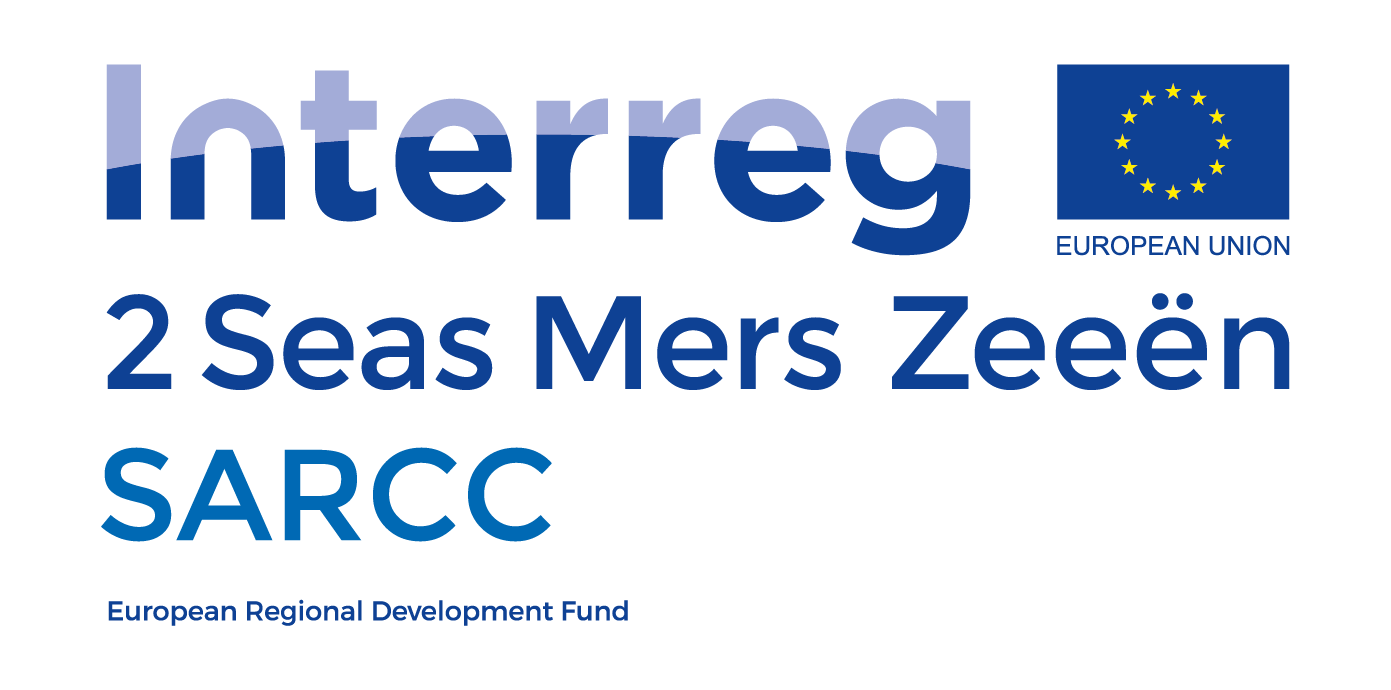SARCC Dutch and French based pilot videos!
Following our latest two blogs showcasing the work being done by our partners in the UK and Belgium, we are concluding this series with a look at our final group of partners in France and the Netherlands. Throughout the SARCC project, collaborating amongst four different countries and fourteen partners has not only enriched the work we have produced, but has also cemented relationships and provided a greater understanding of using nature-based solutions to combat rising sea levels in varied environments.
In France the SARCC project has only one partner, the local council of Gravelines, whilst in the Netherlands we have three, including HZ University of Applied Sciences, Tu Delft University of Technology, and the municipality of Vlissingen…
Gravelines
Gravelines is a historic French city located between Dunkirk and Calais and as previously mentioned is the only French partner in the SARCC project. The city has previously been identified as a territory with a high risk of flooding, as part of the European flood directive. With nearly twelve thousand inhabitants and with one of the largest nuclear power plants in Europe, the territory has been dedicated to improving its sea defences using nature-based solutions. To protect the city from the risks of marine submersion the city collaboration with SARCC and close affiliation with the French government allowed Gravelines to develop a simple system that traps sand to create a naturally occurring dune, using wooden fences. While sand accumulates around these fences, small vegetation tends to grow in the sand and in turn reinforces the thickness and stability of the dune. This project was developed alongside SARCC and has been a massive success.
HZ University of Applied Sciences
HZ University of Applied Sciences is one of the leading universities of applied sciences in water management in the Netherlands. As a climate change conscious university, HZ has a roster of research groups focused on adapting coastal cities to rising sea levels and experience developing innovative designs for dikes and foreshores as multifunctional constructions to increase biodiversity. Together with other knowledge-based partners, HZ has focused its resources on creating tools to support the implementation of nature-based solutions for coastal protection and anticipation on extreme sea level rise across the four SARCC based countries. The team at HZ has also been involved in the evaluation of each phase of the SARCC pilot projects to get a better understanding of what makes a pilot process successful and to increase the positive impacts after its completion.
Tu Delft University of Technology
Much like HZ, Tu Delft University of Technology is one of the top leading science universities in the Netherlands, with a focus on delta urbanism and hydraulic engineering. Tu Delft has been a crucial collaborator in pooling together research and specific knowledge accrued throughout the project from other partners to support the further implementation of nature-based solutions across the UK, France, Belgium and the Netherlands. Once the SARCC project does conclude at the start of 2023 the results from these evaluations with be used to develop a new framework and monitoring tool for the selection of the most suitable nature-based solution to deploy along coastal urban landscapes, informing future projects, companies, governing bodies and so forth of how to best utilize our findings to fight climate change.
Vlissingen
Our third and final partner in the Netherlands is the municipality of Vlissingen. For thirty years prior to the SARCC project, Vlissingen has developed several unique projects which combine urban development and coastal defences making them an international front runner in the field of coastal defences in urban areas. Within the SARCC project Vlissingen have been running a flood defence pilot, exploring different solutions to rising sea levels and moving away from simply raising the dikes. Using Vlissingen’s new green barriers to absorb seawater and carry it off naturally to the urban water system, the team in Vlissingen have found nature-based solutions to be very effective. This approach is especially interesting due to the outreach and the support gained form the local population, proving that people are open to radical and innovative solutions in densely populated coastal zones.
To find out more about the project partners list above click HERE to visit the SARCC partners page, where you will find links to all of their websites.
